


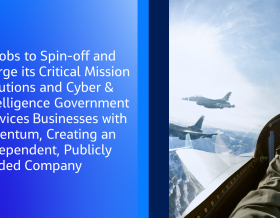

At Jacobs, we're challenging today to reinvent tomorrow by solving the world's most critical problems for thriving cities, resilient environments, mission-critical outcomes, operational advancement, scientific discovery and cutting-edge manufacturing, turning abstract ideas into realities that transform the world for good. With approximately $16 billion in annual revenue and a talent force of more than 60,000, Jacobs provides a full spectrum of professional services including consulting, technical, scientific and project delivery for the government and private sector.



As a purpose-led company, we know we have a pivotal role to play in addressing the climate emergency. We consider this not only good business, but our duty to channel our technology-enabled expertise and capabilities toward benefitting people and the planet.
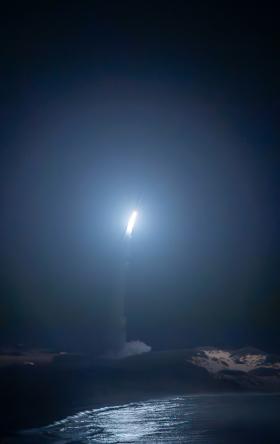

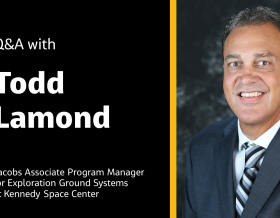
For more than 70 years, our teams have provided integrated solutions to help solve the most complex and hazardous challenges of space exploration. We invent by imagining what’s possible.
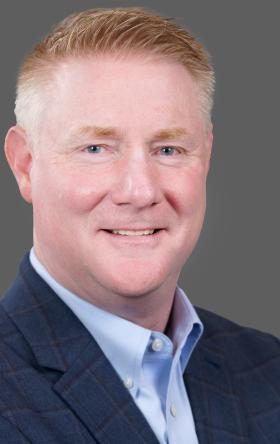
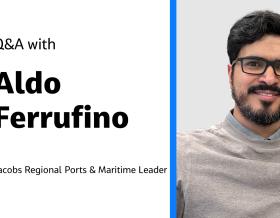
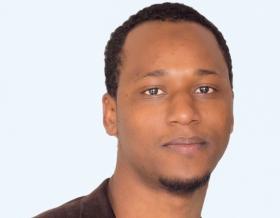
Sit down with our visionary team of thinkers, dreamers and doers to see what a day in the life is like.



For more than 30 years, Jacobs has been responsible for planning and implementing Lead and Copper Rule-related strategies which protect millions of people in the U.S. and Canada. Our work includes enhanced water quality monitoring strategies, sampling plan development, harvested pipe-scale analysis, lead service line inventories and replacement plans, corrosion control studies and the incorporation of equity and environmental justice considerations into compliance programs.


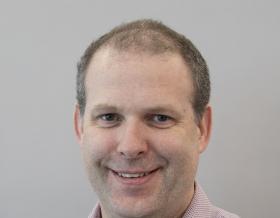
Jacobs. A world where you can.

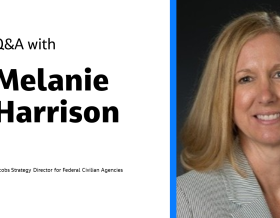
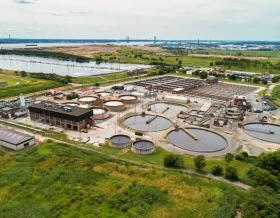
As our clients navigate the digital transformation and growing cyber risks, we have positioned ourselves at the forefront of this growth, adding digital capabilities, products and tools to serve a growing set of customers.



Jacobs is working to help clients across the United States secure federal funding for projects that make our cities and communities more connected and sustainable. Working hand-in-hand with clients from coast to coast and everywhere in between, Jacobs develops bold, innovative solutions to address the nation’s toughest challenges.


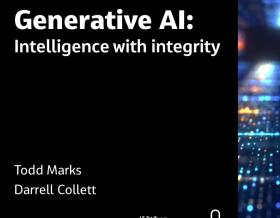
A curated selection of some of the top-listened to and trending podcast episodes from our popular If/When podcast series, which has over 4M downloads to date.



Now more than ever, we appreciate the hard work, sacrifice and dedication of the medical profession in ensuring the health and safety of our communities.



Together, we are stronger. Together, we can transform the future.



Together with our visionary partner, PA Consulting, we're establishing our position in high end advisory services, creating a springboard to expand in high value offerings beyond the core.



We work in partnership, delivering some of the most challenging, diverse and innovative projects and programs globally across multiple sectors. We integrate complex interfaces across planning, procurement and delivery to help unlock better social, environmental and economic outcomes from mega and giga projects.



We’ve provided design-build services to the water sector for over 25 years and delivered more than 150 projects. We offer fully integrated design-build and design-build-operate capabilities to tackle the most complex water challenges and work in close collaboration with our clients.

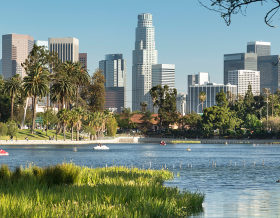

As climate change threatens water security around the world, more communities are turning to water reuse as a resilient water supply solution and embracing the OneWater principle that all water has value. Jacobs has been supporting clients with water reuse programs for decades, beginning with the first applications of advanced wastewater treatment technologies in the 1960s. We provide our clients with a full range of services, from water reuse feasibility studies to design, construction and operations.

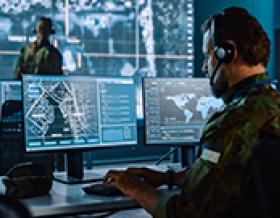

Jacobs’ deep experience with advanced technology systems and our wide-ranging program support capabilities make us a premier partner at locations across the world. We deliver the right talent, tools and processes to support and enable our customers’ missions.
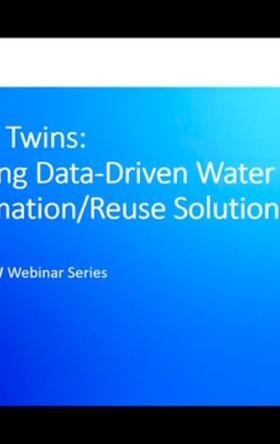

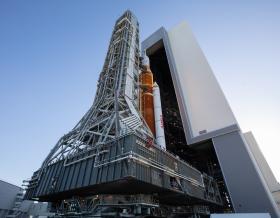
The National Air and Space Museum's One World Connected exhibit will tell the story of how flight fostered two momentous changes in everyday life: the ease in making connections across vast distances and a new perspective of Earth as humanity’s home. Below are some stories from Jacobs that also highlight the connections and digital solutions we are making around the world.



Stories that capture our partnerships and innovative impact for a more connected, sustainable world



The only certainty about the future is uncertainty. Resilience is an attribute of a smarter planet, and requires planning and adapting ahead of potential threats. We help our clients survive, recover, adapt and thrive.


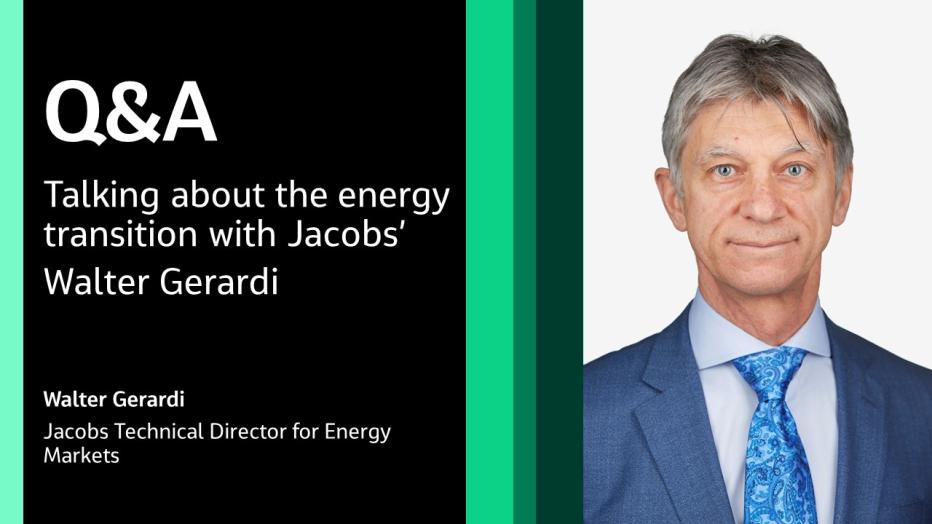
You’re Jacobs’ Technical Director for Energy Markets. Tell us a bit about that.
As Technical Director, my role is to provide advice and oversight on our projects, as well as coaching staff on various technical aspects to help our clients realize new opportunities and solve the challenges they face. One way I do this is by using quantitative analysis of how the future of energy markets will evolve, and how the energy sector will transition to a low-carbon world.
What’s one thing you wish people knew about your role and its impact on the world today?
Over the past two decades energy systems have moved away from extensive government involvement and ownership and a high level of “central planning,” to a model where outcomes are driven by established trading markets – think of wholesale electricity markets now operating in many countries. This evolution requires a different mindset and an understanding of how investment occurs in the sector, and how systems operate given the incentives provided by “market-based” systems. This is why modelling exercises are so important to the future of energy.
Modelling provides insights into how policies and reforms will impact the sector, and how to limit any adverse impacts. Good modelling means involving people with a range of skills. Ensuring we have the right mix of skills in all the studies we undertake is a big part of my job.
With COP26 just around the corner and the world focused on the decarbonization agenda, your role sounds very relevant. What would you say is one of the biggest challenges to achieving net zero emissions?
There are many challenges – a few that come to mind include the limited adoption of decarbonization to date, accelerating the pace of decarbonization and improving productivity of a decarbonized energy sector.
There is also the challenge that significant capital is invested in our current infrastructure, so large investment and careful planning will be required to change this to a net zero carbon energy system. It will need a coordinated approach from multiple stakeholders to make this change. They will also need to consider energy equity so there’s fair access and pricing that will not disadvantage some parts of society.
Another big challenge is getting people to understand what it will take to achieve a zero-carbon energy system – both in terms of the policies and actions required. The good news is the past decade has taught us what not to do, and we’ve learned a lot about how to design policies to minimize any adverse impacts on consumers.
But we have seen some positive developments over recent years. In many developing countries decarbonization efforts in the electricity sector have been driven by the declining cost of renewables. For example, in Australia renewable electricity has increased from approximately 8% of the total generation mix in 2010, to approximately 25% in 2021.
We hear you’re speaking at the World Climate Forum Europe this month. Can you tell us about the session you’re involved in?
The session I’m participating in is about the energy transition and circular economy. As I have said before, there are many challenges facing the sector as it transitions to a low carbon economy, so it will be interesting to participate in a discussion about how this will evolve.
The real challenge is maintaining the productivity of the sector. I see the concept of the circular economy – the idea of designing waste out of the system and using resources more efficiently – to be an important part of improving productivity overall.
So clearly there’s a big opportunity to integrate circular economy thinking into the energy transition. Can you tell us more about that?
There are many aspects to consider, but a few simple highlights include:
What are your thoughts on technologies such as nuclear which are “green” (they don’t produce emissions), but do produce waste, so aren’t typically considered renewable?
We’re supporting some interesting projects in this space, including the development of small modular nuclear reactors and advanced modular reactors. Alongside larger gigawatt reactors, modular nuclear technologies can play a role in reducing the cost of transitioning towards 100% zero carbon technologies. Of course, other technologies are competing for this role, but where nuclear is a viable option, it could be a game changer for the energy transition.
Do you have any thoughts on the debate around how much we should still rely on fossil fuels like natural gas?
There has been a lot of debate around the role of natural gas moving forward, and it seems like much of the dialogue is about our energy systems. Our modelling shows a diminishing presence for natural gas going forward, but this does not mean it is not important or that it won’t have a transitionary function. It still may have a major role in transitioning towards 100% renewable energy, as a backup option for those times when solar and wind are not available.
And finally, beyond your presentation at the World Climate Forum Europe, what are you most looking forward to about attending the forum?
I am looking forward to hearing other perspectives about the transition to a zero-carbon economy. It’s a huge subject area and one with many challenges – the sort of area where we need to understand alternative perspectives. Basically, I’m interested in learning something I did not know!
When you’re not thinking about the energy transition (which we’re sure is all the time!), what will we most likely find you doing?
I have a passion for walking, especially bushwalking, because I love the sense of space as well as the different perspectives I get. I‘m doing lots of walking training in anticipation of when international travel will be allowed again – I’m aiming to walk the Dolomites when that’s allowed.
Apart from that I’m passionate about food and cooking, as are a lot of people!
The World Climate Forum Europe 2021 event took place on June 29 2021. If you’re interested in listening to Walter’s presentation on “Powering Europe – Developing a 100% Renewable & Integrated Energy System” then catch up here.